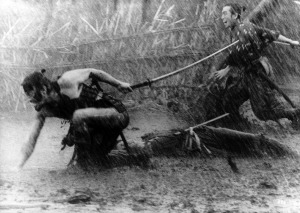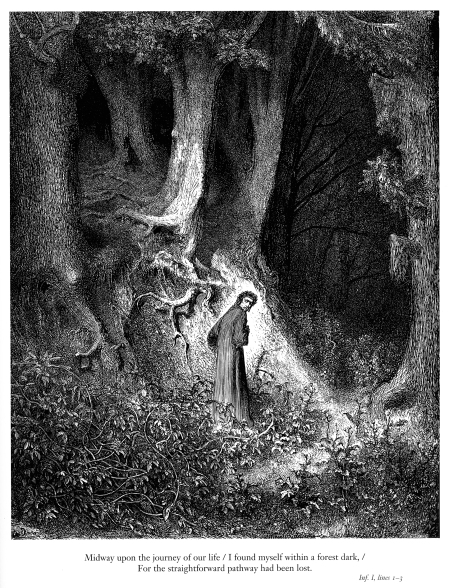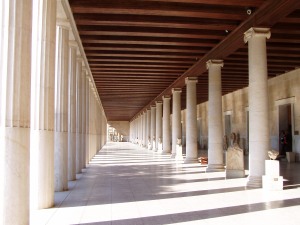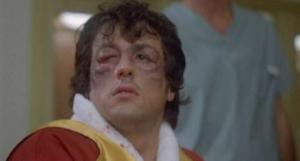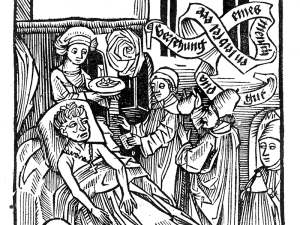
Stoic week seems to be bad for my health.
From the organizers’ website: “Stoic Week is an annual online event in which people from all over the world attempt to live like a Stoic for seven days”. Briefly, a group of academics and psychotherapy professionals based in the UK organized the event each year. The object is to see if people would find it useful to follow some of the daily practices of Greco-Roman Stoicism for a week. In turn, the participants give feedback via questionnaires over the net.
I have participated in this event each year since its beginning. I always find it interesting as I learn something new about my own personal philosophical practices. My 2012 Stoic Week experience was marked by a trip to the emergency room due to a freak eye accident. I chose to view it as an opportunity to walk the walk with regard to Stoicism. Now, for 2016, I’ve come down with the worst cold I’ve had in years.
A cold may not sound like much of a challenge to the practice of Stoic Week (or one’s philosophical practice at any time). Unfortunately, I have a long history of colds dropping straight into my chest and causing bronchial woes. Basically, a bad cold can lead to many days (if not weeks) of violent coughing where I sound like Val Kilmer playing Doc Holiday in Tombstone. Albuterol is my friend.
One full day of Stoic Week was a complete washout. Too tired, feeling too ill, too preoccupied by the constant hacking. The next day I was back in the saddle with the exercises but I was left wondering how significant a failure (if indeed it was a failure) that sick day constituted. If I did keep in mind a Stoic acceptance of things beyond our control and awareness that illness is a dis-preferred indifferent with regard to a “good” life wasn’t that enough? Or is the simple truth I just dropped the ball because I felt lousy?
I think it is more the latter. Yes I felt unwell and the coughing fits were distracting. Still, it’s not as though I was James Stockdale lying in his cell in the Hanoi Hilton with broken bones reminding himself of Epictetus’ teachings. All I had to do was a little reading and some mental exercises. Mind you, I’m not engaging in too much self-flagellation over this. To get over-wrought about a setback is not in keeping with Stoic practices either. But it is worth engaging in self-analysis and using the experience as a reminder not to make the same error in the future.
No, I don’t really see causality between Stoic Week and my physical woes. But next year I think I will remind myself of “Amor fati” when things start just in case I get hit by a bus or develop a rare disease. If something does occur I will try again to embrace is as part of my personal training.
